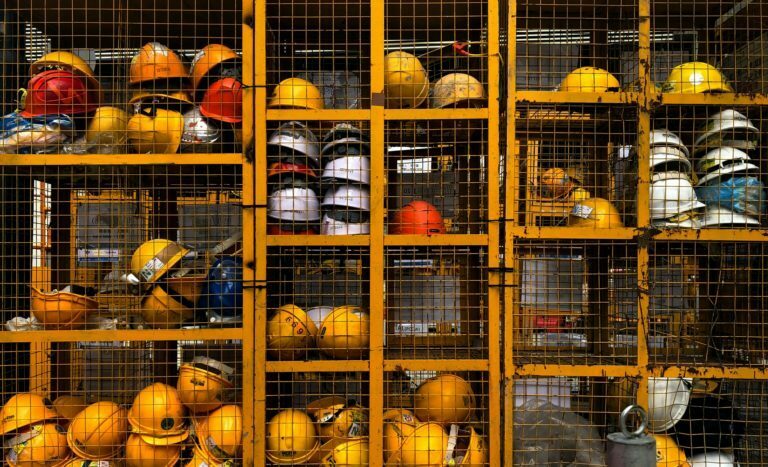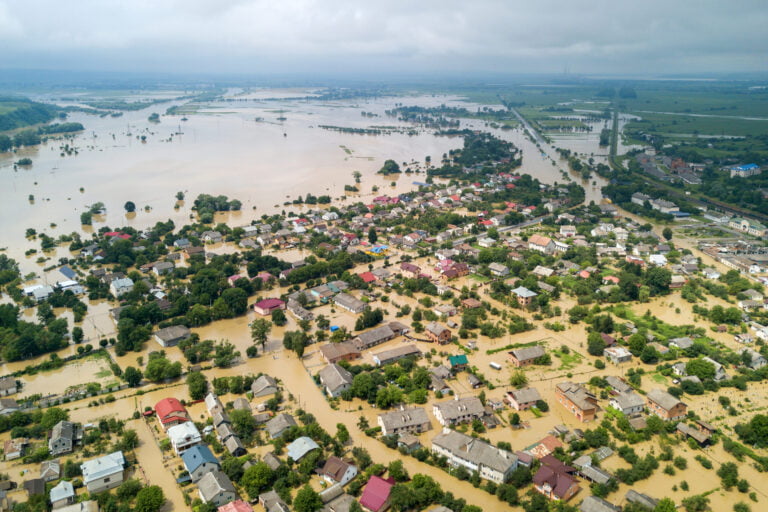Whether they’re putting out fires or performing regular city maintenance, essential workers put their lives on the line daily. Safety concerns are at an all-time high as workers face a deadly virus, physical threats, exploitation, and cyberattacks. So, how can the government protect essential workers in these uncertain times?
Ensuring Legal Protection
Earlier this year, the CDC released thorough guidelines for employers to plan, prepare, and respond to COVID-19 in the workplace. Most businesses and government agencies comply with these guidelines, in tandem with those put forth by state and local mandates. However, reports of negligence are becoming increasingly common, and many employers (including Walmart and Tyson Foods,) are already receiving lawsuits for wrongful death or negligence.
Republican senators are currently trying to include a lawsuit immunity shield for businesses in the next COVID-19 bill. In addition to immunity from negligence lawsuits, this measure would give companies the right to countersue workers and lawyers. This kind of legislation protects corporations, not workers. Instead, the federal government should be extending legal access to essential workers and impose severe penalties on employers who fail to follow safety guidelines and best practices.
Improving Enterprise Security
Specific security problems, such as cyberattacks and data breaches, have skyrocketed during the pandemic. With more people working remotely, shopping online, and communicating digitally, hackers have more opportunities to commit cybercrimes. In April, 71% of security professionals reported an increase in enterprise security threats or attacks, and in May, the FBI reported that cyber-attacks were up 800% since the pandemic started. Hackers are targeting all types of businesses, but especially attack governments, medical organizations, and large corporations. Because of these increased threats, government agencies and companies must rid their security systems and policies of any vulnerabilities, and enhance their overall enterprise security.
Municipal governments should have airtight enterprise security systems to protect the information security of workers and citizens. Security professionals at Verkada, an enterprise security solutions firm, design security systems for governments, corporations, hospitals, and other large organizations. A Verkada enterprise security system includes full visibility video surveillance, digital IDs and access control, and innovative security solutions like machine learning and AI-driven intrusion detection. With additional security measures like end-to-end encryption, multi-factor authentication, and regular vulnerability testing, you’ll be safe from unauthorized access and data breaches. Their enterprise security is in place 24/7, and you can also set it up to receive alerts on your mobile device if any suspicious activity is detected.
Many cyber-attacks target employee information, so human resources must have a secure workforce management software. Public safety agencies can depend on Orion Communications Inc. for a safe, efficient software backed by Microsoft’s Azure Government infrastructure. Orion Communications’ software is customizable, with several solution modules that include smart scheduling, training management, interactive analytics, as well as providing services like secure cloud hosting. Managers can also use Orion’s workforce management software to implement COVID-19 best practices and PPE training.
Providing Relief & Support
Even though we see them as heroes who are keeping the country running, it’s important to remember that essential workers are still human beings with lives outside of their jobs. Many have children and families to take care of, and their ability to work hinges on having access to child care. The schools and child care centers that stay open to support these workers face many challenges, including increased operational costs. Congress should provide funding to cover these increased costs as well as supplying hazard pay. Without child care, this country would come to a grinding halt.
Many essential workers also lack access to health care and paid family and medical leave, which are two provisions that are crucial during a pandemic. Even though the federal government has passed relief bills that include some provisions for emergency paid leave, millions of workers were still left out. Essential workers need to have collective bargaining, so that they can have more of a say in what relief and support the government provides. Among others, Senator Elizabeth Warren has been voicing strong support of an “Essential Workers Bill of Rights” that would include all of these protections and more. Congress needs to pass another relief bill immediately, to address the needs of essential workers and the American people in general.
Essential workers need to be treated like human beings and not collateral damage and so the federal government has to step up and make sure they’re protected. This means examining vulnerabilities in their security systems, revisiting security policies, and providing legal protection, support, and relief.








